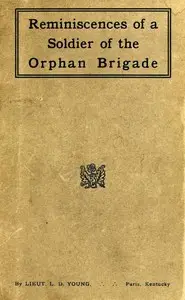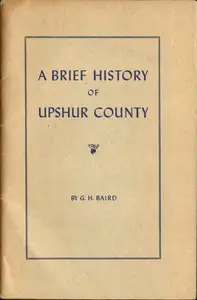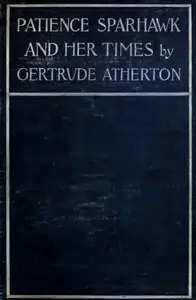"History of the Impeachment of Andrew Johnson, President of the United States,…" by Edmund G. Ross is a historical account likely written in the late 19th century, focusing on the contentious impeachment of Andrew Johnson in 1868. This work seems to delve into the complexities surrounding Johnson's presidency, particularly in the context of the post-Civil War Reconstruction era, addressing the political dynamics between the President and Congress that culminated in impeachment proceedings. The opening of the text establishes the pivotal moment in American history marked by Johnson's impeachment. It introduces the reader to the lack of public awareness regarding the events leading to the impeachment, emphasizing the significance of this political struggle and its far-reaching consequences. The narrative highlights the challenge of reconstructing the United States after the Civil War, presenting the conflicting ideologies of leaders like Abraham Lincoln and Johnson, particularly regarding the treatment of the defeated Southern states and the integration of freed slaves into society. As it lays out the constitutional foundations of impeachment, the text sets the stage for a deeper analysis of the power struggles inherent in American governance during this turbulent period. (This is an automatically generated summary.)

History of the Impeachment of Andrew Johnson, President of the United States, by the House of Representatives, and his trial by the Senate for high crimes and misdemeanors in office, 1868
By Edmund G. (Edmund Gibson) Ross
"History of the Impeachment of Andrew Johnson, President of the United States,…" by Edmund G. Ross is a historical account likely written in the late ...
Edmund Gibson Ross was an American politician who represented Kansas after the American Civil War and was later governor of the New Mexico Territory. His vote against convicting President Andrew Johnson of "high crimes and misdemeanors" allowed Johnson to stay in office by the margin of one vote. As the seventh of seven Republican U.S. Senators to break with his party, he proved to be the person whose decision would result in conviction or acquittal. When he chose the latter, the vote of 35–19 in favor of Johnson's conviction failed to reach the required two-thirds vote. Ross lost his bid for re-election two years later.













